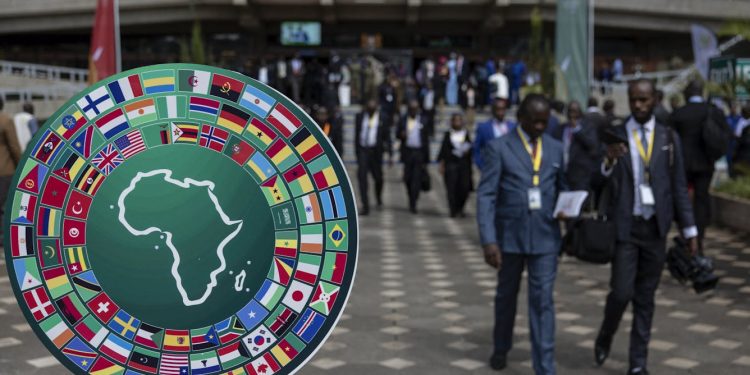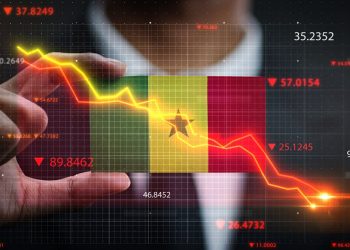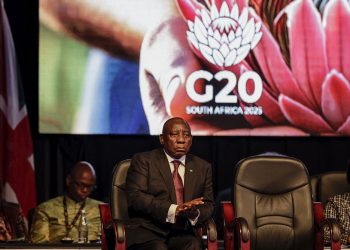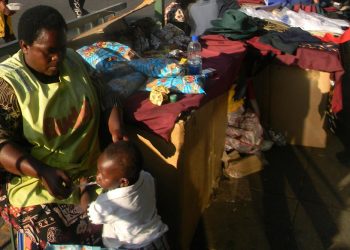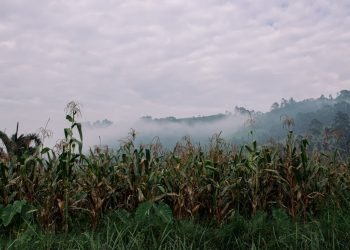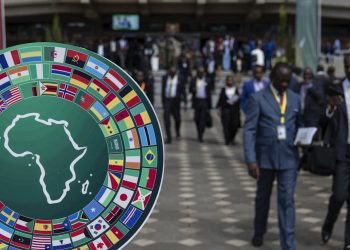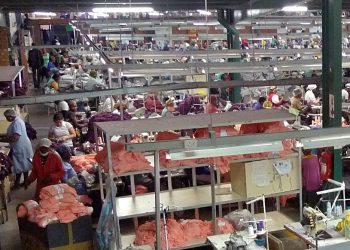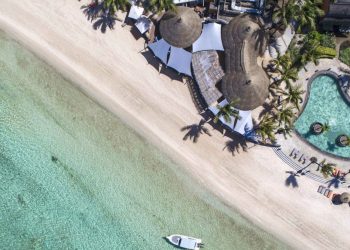A quiet but consequential contest is playing out in the global financial architecture. One that could determine Africa’s ability to finance its own development.
In recent months, powerful voices from the International Monetary Fund (IMF), the Paris Club and US investment bank JP Morgan have questioned the preferred creditor status of African multilateral development finance institutions. These institutions include the Africa Export-Import Bank (Afreximbank) and the Trade and Development Bank (TDB).
Preferred creditor status is a long-standing practice in global finance. It gives multilateral development finance institutions priority in being repaid when a country faces financial distress. The idea is simple. These institutions lend to promote development. During crises, they step in with counter cyclical lending – increasing support when commercial creditors pull out.
This reliability depends on their strong credit ratings, which in turn rest on the assurance that they will be repaid even when others are not. That assurance is what the preferred creditor status guarantees. The World Bank, IMF and regional development banks in Asia and Latin America all enjoy this protection as a matter of practice. Borrowers respect it because breaching it would threaten their access to future concessional lending – loans offered on much lower interest rates and other terms.
The voices against African multilateral finance institutions argue that they are too small to deserve preferred creditor status. Or that, unlike the World Bank and IMF, they do not lend at concessional rates. JP Morgan has even warned that Africa’s development banks might lose their status altogether.
The debate about the preferred creditor status of Africa’s multilateral development finance institutions may sound technical. It is not. If left unchallenged, this narrative could justify the continued high interest rates Africa faces on international markets.
Drawing on decades of researching Africa’s capital markets and the institutions that govern them, I recommend that African governments must reaffirm and defend the preferred creditor status of multilateral development banks. African multilateral development banks must also act collectively to defend their credibility. And the African Union must embed the preferred creditor status of the continent’s development banks in its financial sovereignty agenda.
Unwritten privilege vs law
For the IMF, World Bank and Paris Club, the preferred creditor status is an unwritten privilege. For African multilateral development banks, it is law.
The founding treaties of Afreximbank, the African Development Bank and TDB explicitly enshrine this status. These treaties are registered under Article 102 of the UN Charter, making them binding under international law. African member states have also ratified them into law, domestically.
This makes the status of African multilateral development banks more legally secure than that of Bretton Woods institutions. Yet it is the African banks whose status is now described as “uncertain” or “controversial”.
African governments must correct this perception. The African Union and its members have already endorsed this principle, but stronger, coordinated public statements are needed, especially from finance ministers and central banks. The aim will be to reassure investors that these protections are real, enforceable and backed by political will.
Collective action
Institutions such as Afreximbank, the AfDB, TDB, Shelter Afriqué Development Bank and the Africa Finance Corporation have grown rapidly. Together, they hold more than US$640 billion in assets, expanding by about 15% a year. They have mobilised billions from global capital markets and stepped up lending when global finance withdrew. They have diversified into the panda bonds in China, proving their resilience and capacity to tap into nontraditional capital markets.
Their success, however, has attracted resistance. International creditors and rating agencies have started questioning their preferred creditor status, describing it as “weak” or “shaky”. This has real consequences. It weakens investor confidence. Investors demand higher returns, raising the cost of borrowing for the banks and, by extension, for African countries, based on a risk factor that does not exist.
To counter this, African multilateral development banks must coordinate their responses. The newly formed Association of African Multilateral Financial Institutions is a promising platform. It should be more active and become the unified voice defending the preferred creditor status. It should be used to issue joint legal opinions, engage directly with credit rating agencies and Paris Club members, and run global investor education campaigns that clarify the legal standing and strong performance of African multilateral development banks. The continent’s development banks must speak with one voice. Silence allows others to define their credibility.
Continent’s financial sovereignty
Protecting preferred creditor status is about more than technical finance. It is about sovereignty. Africa is building its own financial ecosystem through the African Credit Rating Agency. The other financial institutions in the ecosystem – which aren’t yet operational – are the African Central Bank, African Investment Bank and African Monetary Fund. Their purpose will be to reduce dependence on external actors and keep Africa’s development agenda in African hands.
A battle of perception
Global finance runs on perception which is shaped by narratives. Those who control the narratives control the cost of money. If the preferred creditor status of African multilateral development banks continues to be misrepresented, Africa’s access to affordable finance will remain hostage to external opinion rather than legal reality.
It will also weaken African development banks just as they are becoming more effective. Their ability to borrow cheaply and on favourable terms depends on their credit ratings, which rest on the assumption that they will be repaid first in case of distress. If that assumption is shaken, borrowing costs will rise.
By reaffirming the legal basis of the preferred creditor status of African multilateral development banks, coordinating their response and embedding this status in the AU’s financial sovereignty framework, African governments and multilateral development lenders can protect one of the most important tools for affordable development finance.
This is not just about defending institutions, it’s about defending Africa’s right to finance its own future on fair terms.
Misheck Mutize is affiliated with the African Union – African Peer Review Mechanism as a Lead Expert on credit ratings

